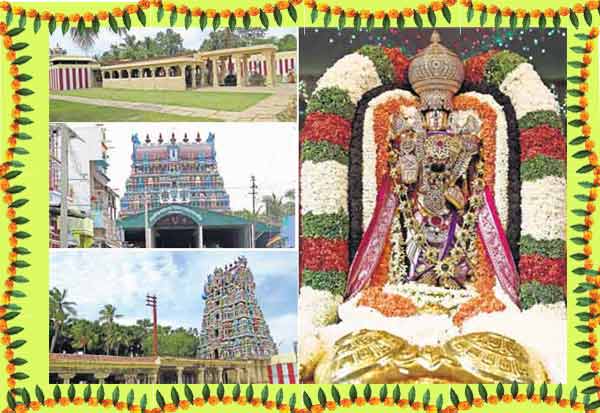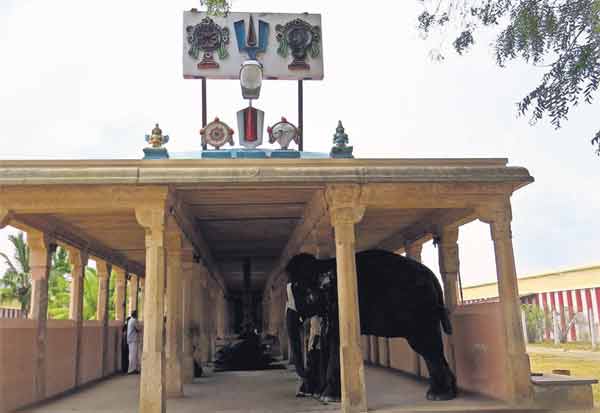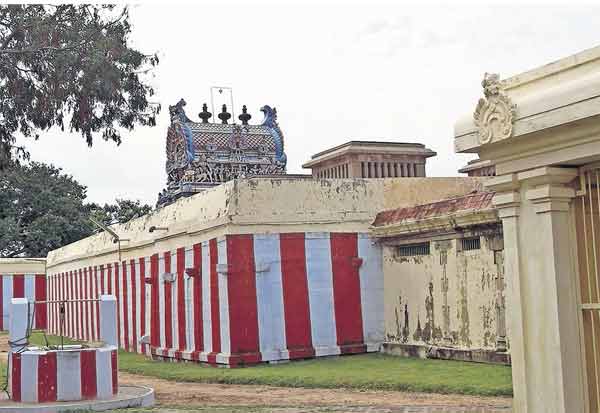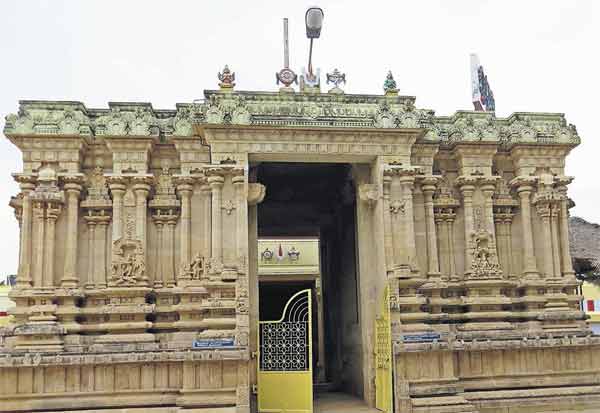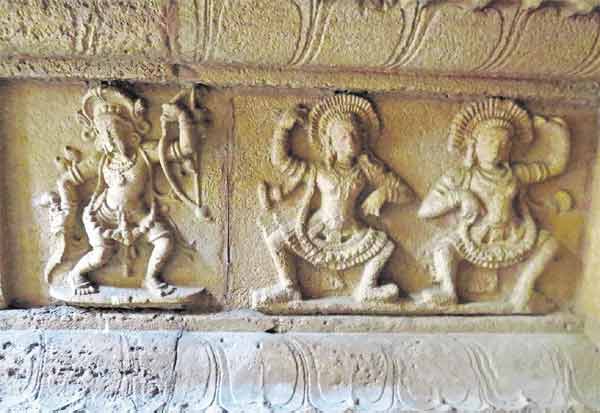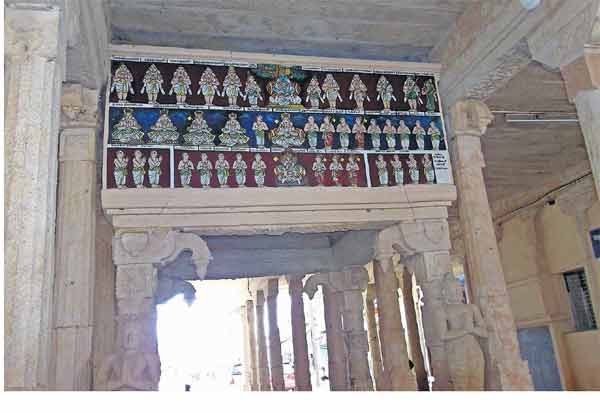FOR THE RECORD
FCRA law could dry up money for less popular causes, shut small NGOs down
There are fears that the new FCRA amendments that seek to restrict international funding for non-profit organisations will stifle the voluntary sector. In an interview with Himanshi Dhawan, Ingrid Srinath, director of Ashoka University’s Centre for Social Impact and Philanthropy, discusses the new law and how it will negatively impact the image of the non-profit sector
How do the new FCRA amendments impact Indian NGOs?
The most significant impact is it will further reduce funding for NGOs at a time when demand for the services they provide is at a historic high due to the continuing effects of Covid-19 and consequent disruptions to education, healthcare, livelihoods, and the economy overall. It will hinder collaboration among NGOs and philanthropists which has been the most promising development of recent times. These collaborations address issues ranging from climate change to migrant workers to funding research and innovations in healthcare. They have made it possible to achieve greater scale, more rapidly, at greater levels of efficiency and effectiveness, optimising scarce resources. The amendments do not allow re-grants that are critical to smaller, less well-known NGOs who do not have the wherewithal to access international funding. Intermediary organisations have been able to bridge that gap with about Rs 1,800 crore being re-granted to 4,107 NGOs in 2018-19.
Intermediary organisations are also hugely important to the Indian diaspora who depend on them to identify NGOs in India that they can support and to report on their impact. Historically, donors in India have had a strong preference for causes like education, health, disaster relief and, more recently, livelihoods. Causes that are less popular with Indian donors — human rights, environmental justice, support to marginalised groups including Dalits, tribal communities, LGBT issues and work in research, advocacy, the defence of democratic freedoms and strengthening civil society will all be adversely affected if international donors are deterred from funding NGOs in India. Most significantly, the amendments further negative perceptions of the non-profit sector as somehow being less trustworthy and accountable without providing any evidence of such malfeasance.
But provisions like restricting administrative costs to 20% or making public servants ineligible to receive foreign funds can be seen as measures to ensure accountability and prevent misappropriation of funds. How does this hamper developmental work?
NGOs which provide services like nutrition, education, healthcare would likely have no difficulty complying with the 20% ceiling on administrative costs since the bulk of their expenses are on material, programme staff and logistics. Those that are think tanks or providers of training or legal and financial advice to nonprofits, on the other hand, have costs that are largely personnel and travel. These would be rendered unviable by the cap on administrative expenses. For all NGOs, the ceiling would make it much harder to invest in technology, training and fundraising, for instance, weakening their long term sustainability.
Moreover, it’s not clear what the government’s role is in determining how donors or NGOs invest their funds. There is no equivalent legislation for Foreign Direct Investors constraining their freedom to spend their money as they deem fit.
Why should NGOs be so dependent on foreign funding? Indian companies have CSR budgets and there could be a further effort to encourage philanthropy within the country.
FCRA funds account for less than a quarter of total estimated private funding to the nonprofit sector (Rs 70,000 crore) in India. CSR provides a similar amount. Over half is believed to come from Indian foundations and individuals. Most Indian funders, however, prefer causes like education, health and disaster relief. And CSR funders, in particular, seek more short-term, easy to measure programmes to support in order to meet the annual reporting requirement and the preferences of their employees and leadership teams. Very few are prone to support rights based advocacy, research, capacity building and convening work. Many Indian donors may be fearful of consequences if they extend support to organisations that are perceived to be unfriendly to authorities. They may also wish to gain access to, or favourable consideration by, those in power. International donors are more likely to support some of these less popular causes and organisations, without fear or favour, making them indispensable to the civil society ecosystem.
It’s also important to note that the right to access resources, domestic and foreign, is protected under international law. The International Commission of Jurists has pointed out that the amendments are unconstitutional.
What is the way forward in funding new development projects?
If it proves impossible to repeal these amendments, many donors will either cope with greater transaction loads and costs if they wish to continue supporting programmes in India or move their support to friendlier countries. It may also be feasible for some NGOs to reconfigure their operations to become private sector entities. One may hope that Indian philanthropists, businesses and individual citizens step up their support despite the difficult economic conditions. It seems, however, that many, especially smaller grassroots organisations, will have to shut down or downsize, leaving large numbers of our fellow citizens to fend for themselves as best they can.
The views expressed are Srinath’s and do not reflect those of her employer







